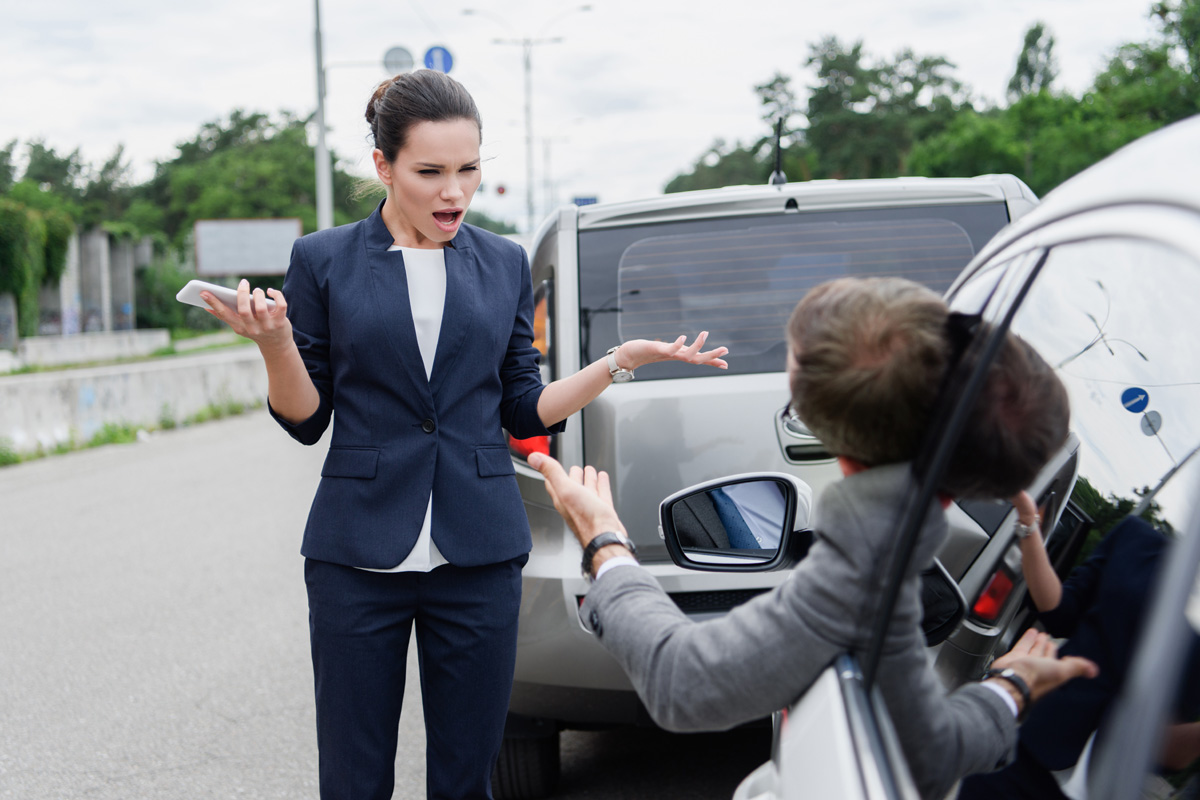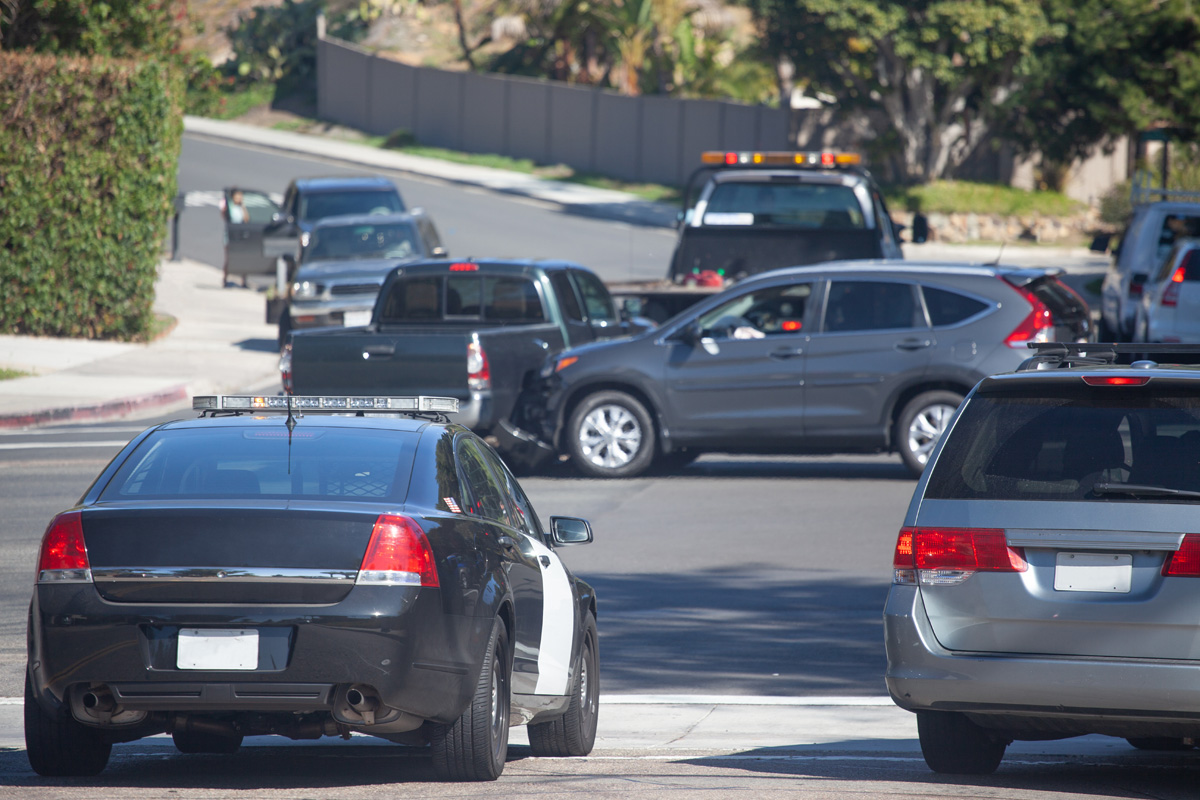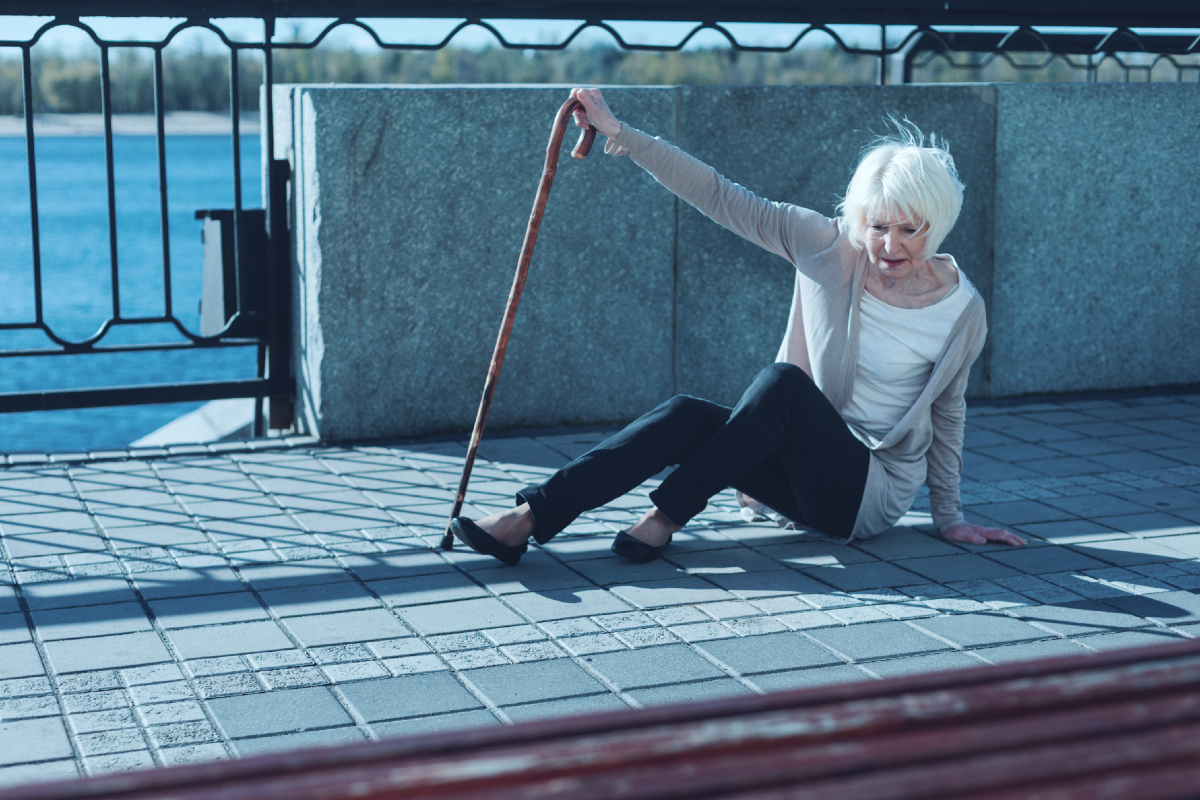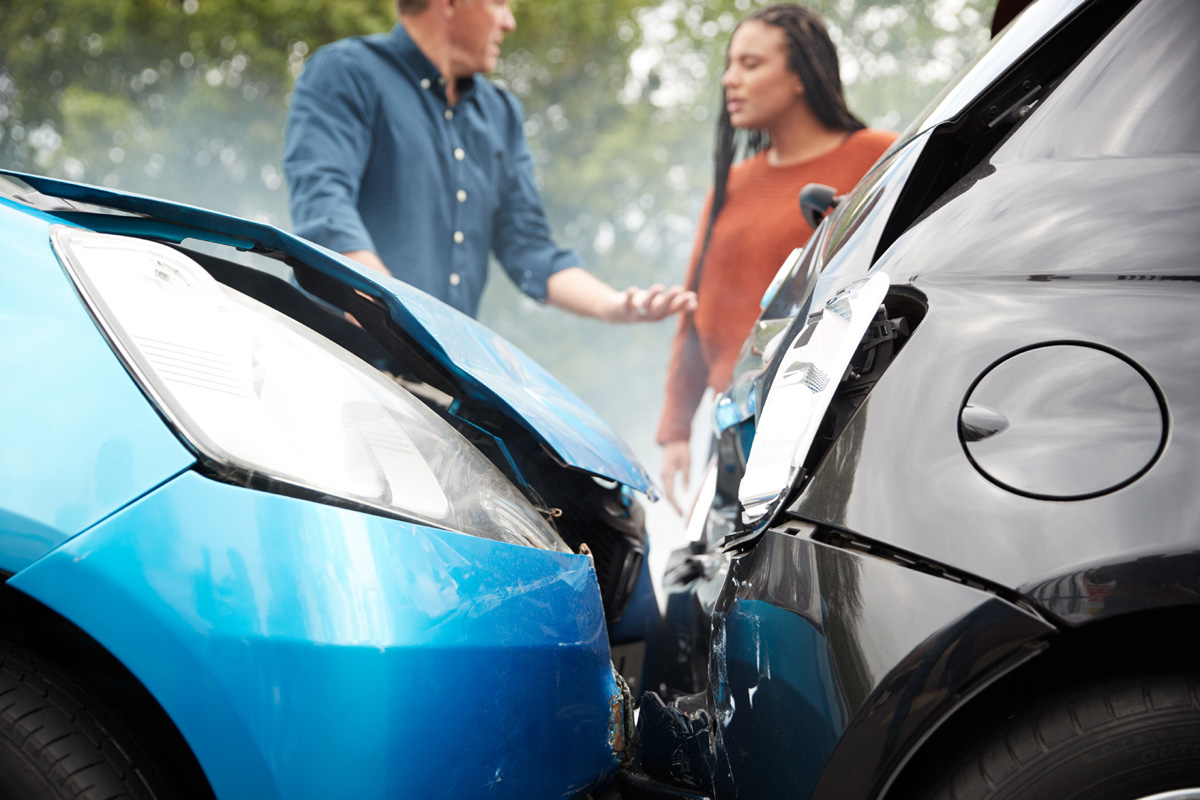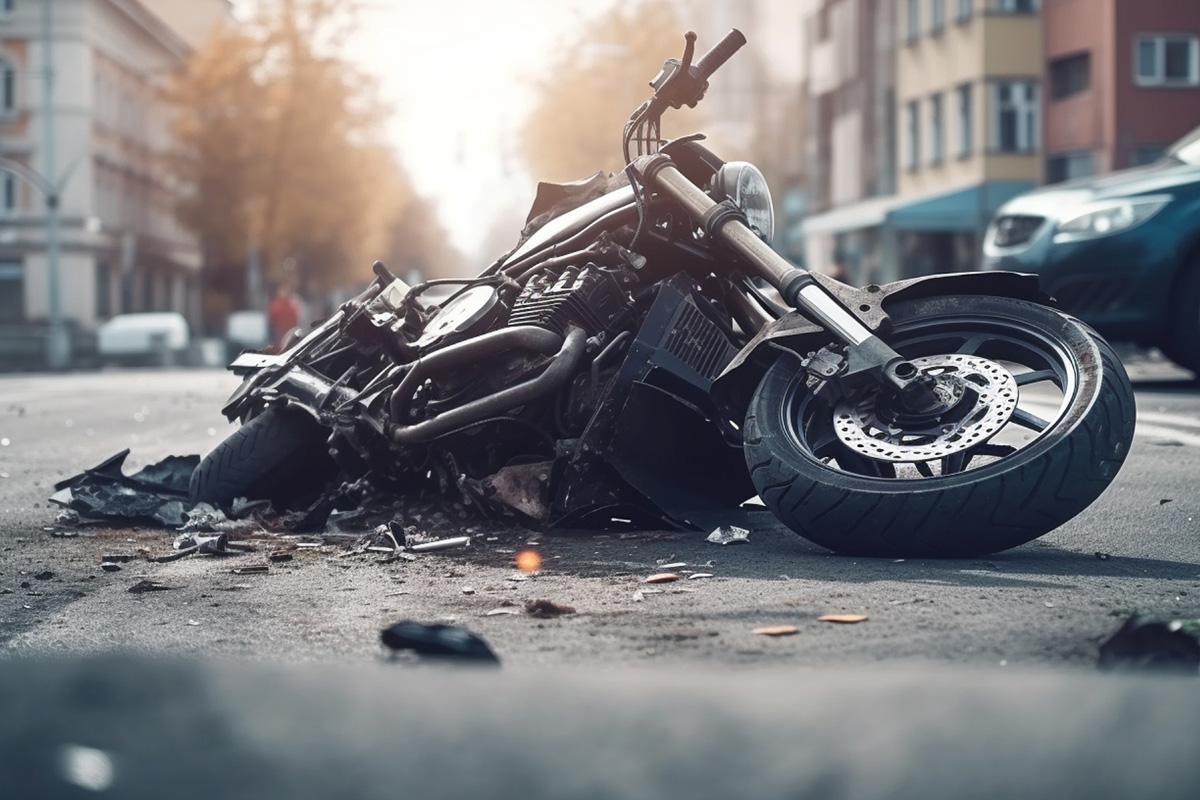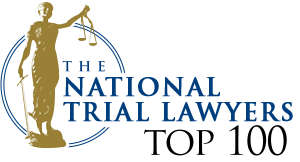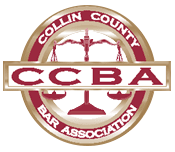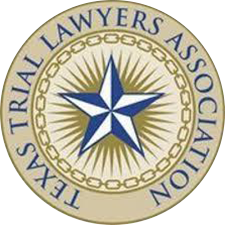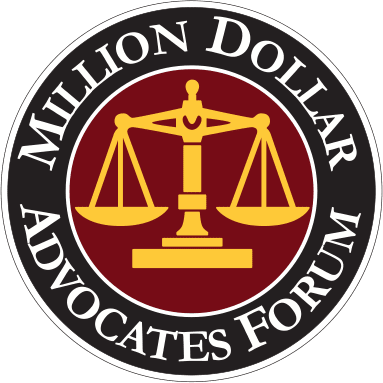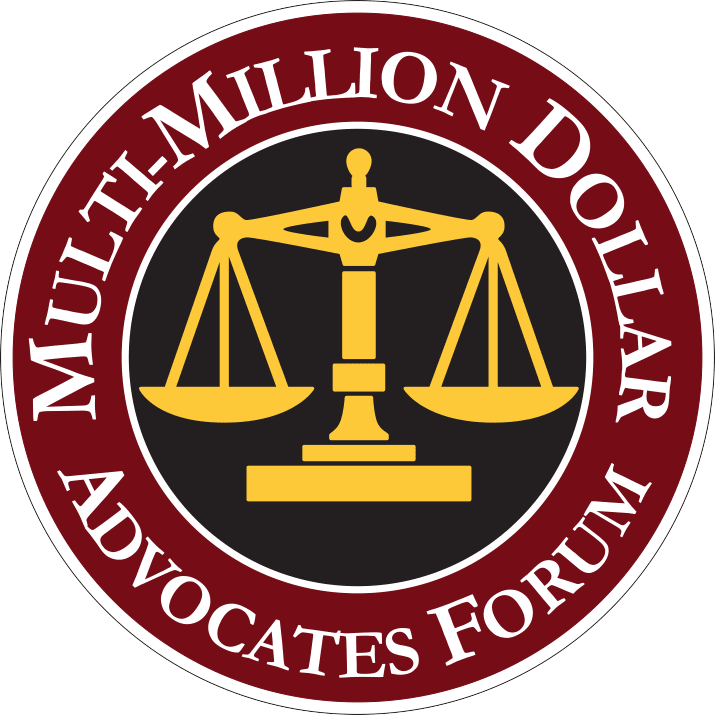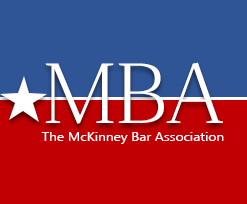As a Texas resident, you likely spend hours on the road each year managing the yearly influx of transplants and the hundreds of thousands of residents already populating the city streets. Since drivers abound, so do car accidents, which normally involve stopping and getting the other driver’s insurance information. However, your average collision becomes more complicated when the driver who hit you turns out to be uninsured.
According to Texas law, all drivers must have sufficient auto insurance, but that doesn’t stop some drivers from hitting the road without any coverage. Being hit by an uninsured driver creates uncertainties surrounding how you may recover damages. You may be able to sue them, but it will be trickier than a typical suit. Some principles can help guide you through the process. Still, one of the most valuable resources you can have to help you navigate this situation is an experienced car accident lawyer.
Suing Uninsured Drivers in Texas
Knowing what to do in an accident where both drivers have insurance is not enough. These guidelines could make it easier for you to understand your legal rights and options when suing uninsured drivers in Texas.
You May File a Personal Injury Lawsuit Against an Uninsured Driver
You may be able to recover damages for your accident by suing the uninsured driver through a personal injury suit. Since Texas is a jurisdiction that bases its legal system on comparative negligence, whoever caused the collision is liable for the resulting damages. Several variables will determine whether or not this course of action is worthwhile.
For example, an uninsured driver could have plenty of funds available to pay you for your losses, or their lack of insurance could be a matter of irresponsibly letting their coverage expire. As long as negligence still played a factor in the accident, taking legal action in circumstances like this would be a practical means of obtaining compensation.
Sometimes, it may not be possible to recover damages from an uninsured driver because they lack the resources to pay for your losses, so even if you file a lawsuit, you may not receive enough money to compensate your damages fully. Lacking these funds could also make the uninsured driver judgment-proof. In a situation like this, it may be better to rely on your own uninsured motorist coverage to cover your vehicle repairs and medical bills.
What “Judgment-Proof” Means in Terms of Uninsured Drivers
Although it is possible to sue uninsured drivers in Texas, there is a chance that the motorist will be judgment-proof, which is a primary concern when dealing with uninsured drivers. When an uninsured driver has inadequate assets that cannot legally be confiscated and sold to satisfy a judgment, that individual is said to be “judgment proof.”
Understanding the concept of “judgment protection” is important when it comes to uninsured student drivers. In situations where an uninsured driver does not have the financial means to compensate for damages, even a lawsuit may not result in full recovery. This leaves the injured party with limited options. Instead, relying on your own uninsured motorist coverage may be a more viable solution to cover car repairs and medical expenses.
The Texas Homestead Act
Two sets of Texas legislation impact someone’s capacity to collect a judgment against another person. Sections 41.001 and 41.002 of the Texas Property Code outline which assets a judgment creditor cannot seize to satisfy a debt. These assets, often known as the debtor’s homestead, include property like home furnishings, food, certain animals, tools of one’s trade, and clothing. Essentially, it is unlikely that you can get anything back from an uninsured driver unless they have assets in addition to those that are protected by the Texas Homestead Act.
Limitations on When You May Sue an Uninsured Driver
Remember that you only have a short window of opportunity to act if you decide that filing a lawsuit will best serve your needs. Plaintiffs typically have two years to submit a case against the party responsible for their accident. If you fail to meet this deadline, called the statute of limitations, you will likely be barred from ever recovering for your damages.
You May Need Underinsured / Uninsured Motorist Coverage (UM / UIM)
Underinsured and uninsured motorist coverage is additional insurance coverage that protects you if you are hit by a driver who doesn’t have any or enough auto insurance coverage.
According to Texas law, when you purchase insurance, you get this coverage on your policy. To reject it, you must formally opt out of uninsured motorist coverage, but many people will pay for this coverage. As a result, you could have this coverage and may rely on it to cover your damages.
Navigating a Car Accident Claim With Your Insurance Company
After being involved in an accident with an uninsured driver, understanding how to navigate the claims process with your own insurance company can make a significant difference in how smoothly and quickly you can recover damages.
The following is a step-by-step guide to help you through the process:
Notify Your Insurance Company Immediately
Prompt notification is crucial. Inform your insurance company about the accident as soon as possible. Most policies require immediate reporting and full cooperation. Delaying can complicate the process and potentially harm your claim.
Review Your Insurance Policy
Before proceeding with the claims process, it’s important to understand the coverage you have. Specifically, look for uninsured motorist (UM) and underinsured motorist (UIM) coverage, which protects you in cases where the at-fault driver lacks sufficient insurance. Know your policy limits and what is covered under each aspect of your policy.
Document the Accident and Obtain Evidence
Collect as much evidence as possible from the accident scene. This includes photos of the vehicles and the scene, police reports, witness statements, and any medical reports if injuries were sustained.
This documentation will be essential when filing your claim to establish the circumstances of the accident and the extent of damages and injuries.
File the Claim
Call your insurance company to initiate the claims process. You will likely need to provide a detailed account of the accident, evidence collected, and any relevant documentation that supports your claim.
Be prepared to fill out claim forms and possibly provide a recorded statement.
Work With the UIM/UM Collision Insurance Adjuster
When your claim is filed, an insurance claims adjuster will be assigned to your case. The adjuster’s job is to evaluate the claim, inspect the vehicle damage, and assess any injury claims.
Be cooperative but cautious – remember that the adjuster works for the insurance company, and their interests may not always align with yours. It’s essential to provide accurate information but avoid admitting fault or speculating about the accident.
Understand the Settlement Offer
After reviewing your UIM/UM claim, the insurance company will make a settlement offer. Review your offer carefully to ensure it covers all your damages and losses.
It should account for vehicle repairs or replacement, medical expenses, and any other costs incurred because of the accident.
Negotiate if Necessary
If the settlement offer from your insurance company does not fully cover your losses, you may need to negotiate for a better deal. This is where having detailed documentation and a clear understanding of your coverage and rights can be beneficial.
If negotiations stall or you feel the offer is unjust, consider seeking legal assistance.
Consult With a Car Accident Lawyer
Navigating insurance claims is complex, especially when dealing with uninsured motorists. Consulting with a car accident lawyer provides you with the in-depth knowledge and advocacy needed to ensure you receive fair compensation.
A lawyer helps you negotiate with insurance companies, represent you in disputes, and even pursue legal action if necessary.
Dealing with an uninsured driver can add an extra layer of complexity to the post-accident process. However, understanding how to effectively navigate the claims process with your insurance can help ensure you are adequately compensated for damages and losses.
Remember, staying informed, organized, and proactive throughout the process is key to a successful claim.
Detailed Explanation of UM/UIM Coverage in Texas
Understanding uninsured (UM) and underinsured motorist (UIM) coverage is crucial for Texas drivers, providing an essential safety net in the unforeseeable event of a car collision involving an uninsured or inadequately insured driver. This section delves into the nuances of UM/UIM coverage in Texas, elucidating how it works, its importance, and how it can protect you financially.
What Is UM/UIM Coverage?
Underinsured and uninsured motorist coverage is a facet of your auto insurance policy used to protect you if you’re involved in a collision with a motorist who either has no auto insurance coverage (uninsured) or whose insurance coverage is insufficient to cover the damages and medical expenses (underinsured). This coverage steps in to cover costs that the at-fault driver’s insurance should have covered up to the policy limits.
Components of UM/UIM Coverage
Underinsured and uninsured motorist coverage in Texas encompasses several key areas:
- Bodily Injury (UMBI/UIMBI): This covers medical expenses, lost wages, pain and suffering, and other collision-related losses for you and your passengers. It’s important to note that UMBI can also provide coverage if you’re hit as a pedestrian or cyclist by an uninsured or underinsured motorist.
- Property Damage (UMPD/UIMPD): UMPD covers the repair or replacement of your car and other property damaged in the accident. In Texas, there’s typically a deductible for UMPD claims, which means you’ll pay a portion of the repair costs out of pocket.
How UM/UIM Works in Texas
In Texas, insurance companies are required by law to offer UM/UIM coverage as part of every auto insurance policy. However, motorists have the option to decline this coverage in writing. Despite this option, it’s strongly recommended that UM/UIM coverage be maintained due to the high rate of uninsured drivers and the potential financial risks involved in accidents.
If you’re in a collision with an uninsured or underinsured driver, you may file a claim under your UM/UIM coverage. Your insurance company then evaluates the claim to determine fault and assess damages. If approved, your insurer will cover your expenses up to the limits of your UM/UIM policy. It’s important to understand that your coverage limits and the specifics of your policy can significantly impact the amount you’re eligible to receive.
Importance of UM/UIM Coverage
With a notable percentage of Texas drivers lacking sufficient auto insurance, UM/UIM coverage offers vital protection against potentially crippling financial losses. Accidents can result in substantial medical bills, repair costs, and other expenses that uninsured drivers may be unable to pay. By maintaining adequate UM/UIM coverage, you ensure a level of financial security and peace of mind, knowing that you’re protected against these risks.
Maximizing Your UM/UIM Protection
To fully benefit from UM/UIM coverage, consider the following tips:
- Evaluate Your Needs: Assess your financial circumstances and driving habits to determine the appropriate coverage limits. Remember, medical treatments and vehicle repairs can be expensive, so opt for limits that provide sufficient protection.
- Understand Your Policy: Familiarize yourself with the details of your UM/UIM coverage, including any deductibles, exclusions, and limitations.
- Routinely Review Your Coverage: As your circumstances change, so do your insurance coverage needs. Routinely review your policy to ensure your UM/UIM coverage remains adequate.
Uninsured and underinsured motorist coverage is an essential component of your auto insurance policy in Texas, offering essential protection in the event of an accident with an inadequately insured driver. By understanding how UM/UIM coverage works and ensuring you have adequate protection, you can safeguard yourself and your finances against the uncertainties of the road.
Impact of an Accident With an Uninsured Driver on Your Insurance Rates
Being involved in a car collision with an uninsured driver can be a worrying scenario, not just because of the immediate challenges in covering damages and medical expenses but also due to concerns about the potential impact on your insurance premiums. Understanding how such an accident might affect your insurance rates is crucial for managing your policy and financial planning.
Initial Considerations
Firstly, it’s important to note that insurance policies and regulations vary by state and insurance company. In general, whether your insurance rates will increase after a collision with an uninsured driver depends on several factors, including your insurance provider’s policies, your driving history, the specifics of the accident, and whether you are deemed at fault.
Factors that may influence rate changes include:
- Fault Determination: In Texas, as in many states, liability plays a significant role in insurance claims. If you are not at fault in the accident with an uninsured driver, this is less likely to negatively impact your rates, especially if you have uninsured motorist (UM) coverage.
- UM/UIM Claims: Filing a claim under your uninsured/underinsured motorist coverage for an accident with an uninsured driver typically does not result in the same level of premium increase as a claim where you’re at fault. However, making multiple claims within a short period, even if not at fault, can sometimes affect your rates.
- Insurance Provider Policies: Some insurance companies offer accident forgiveness programs, which can prevent your first at-fault accident from affecting your rates. Whether such a program applies to incidents involving uninsured drivers can vary, so it’s essential to review your policy or speak with your agent.
To mitigate the impact of an accident involving an uninsured driver, consider the following:
Maintain Comprehensive Documentation
Keep detailed records of the accident, including police reports, photographs, and witness statements. This documentation can be crucial in proving you were not at fault.
Review Your Insurance Policy
Understand the specifics of your insurance coverage, including any protections you may have against rate increases following an accident with an uninsured driver.
Consider Your Claims Wisely
If the damage is minor and you can afford to cover the costs, you might choose not to file a claim to avoid potential rate increases. However, always weigh this decision carefully, especially if there might be unseen damages or injuries.
Shop Around
If your insurance rates increase significantly after an accident, it may be worth shopping around for new insurance quotes. Different providers may assess risk differently and offer lower rates.
An accident with an uninsured driver doesn’t automatically mean your insurance premiums will skyrocket. Much depends on the circumstances of the accident, your insurance coverage, and your driving history.
By understanding how these factors play together and knowing the details of your insurance policy, you can better navigate the aftermath of such an accident and make informed decisions about handling your insurance claims and managing potential impacts on your insurance rates.
Discuss Your Legal Options With an Experienced Texas Car Accident Lawyer
Being involved in a car accident is stressful enough without worrying about the other driver’s lack of insurance. Recovering damages from an uninsured driver may be possible, but there may be other ways to recover for your damages. The best way to decide which course of action you should take may be to consult a car accident lawyer.
To receive insightful legal advice, consider scheduling a consultation with Texas car accident lawyer Dale R. Rose. A seasoned attorney, Dale R. Rose is dedicated to serving clients throughout North Texas. Since 1992, he has aided in the resolution of Texas auto accident lawsuits and obtained sizable settlements for his clients. Use our contact form or call (972) 634-ROSE (7673) to arrange a free consultation.


